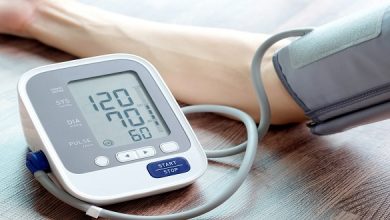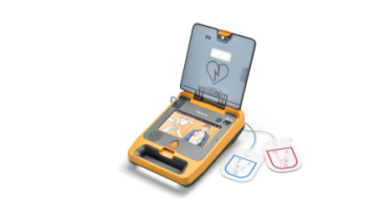Do you want to rip your neck open?

People believe that cracking your neck can help relieve tension and make you feel more relaxed. Science does not support this belief. It can be very dangerous to break your neck. This article explains the dangers of neck cracking.
What happens if you break your neck?
A popping sound can be heard when you crack your neck. This happens because gas bubbles burst in the fluid around your joints. Cracking your neck can temporarily relieve stiffness and pain but it can lead to much more serious consequences. Cracking your neck could cause damage to your blood vessels, nerves, arteries, and neck. You may also experience dizziness, headaches, nausea, and dizziness. If you have any of these symptoms, it is important to see a doctor right away.
What are the chances of your neck being cracked?
Cracking your neck can pose some risks
- Your neck could be damaged by a fall.
- A pinching of a nerve could cause pain, numbness or tingling.
- A ruptured artery in your neck could lead to a stroke.
- A blood clot could occur.
- It is possible to develop arthritis in your neck.
Is there anything to be gained from cracking your neck?
Cracking your neck can have many benefits. Cracking your neck can relieve tension and pain. It can also increase blood flow, improve range of motion, and boost blood flow.
How often should your neck be rubbed?
There is no one right answer as to how often your neck should be cracked. Some people crack their necks multiple times per day while others do it only when they feel pain or stiffness. It doesn’t matter if you love cracking your neck, and it doesn’t cause any discomfort. Chiropractor Magazine states that if cracking your neck causes pain or worsens your symptoms you should stop doing it.
How can you prevent neck pain
Neck pain can be caused by many things. Neck pain can be caused by poor posture, poor posture, bad posture, stress, tension headaches, or sitting in one position too long. There are several ways to reduce or avoid neck pain.
These are some tips to prevent neck pain
Maintain a straight spine. Standing or sitting, keep your shoulders back and your head at the same level as your spine. If you are required to stand or sit for long periods of time, take a break. Use a pillow to support your head and keep your neck neutral when you go to sleep.
-Stretch your neck and upper back to strengthen them. This will help to reduce muscle tension and improve your posture.
Be mindful of your movements. Slowly and smoothly turn your head when you do so. Avoid abrupt, jerky movements as they can strain your neck muscles.
-Reduce stress. Stress can cause muscle tension and pain. Relaxation techniques like deep breathing and meditation can help to reduce stress levels.
The tech industry faces challenges including cybersecurity threats and ethical and privacy concerns. These issues impact the sector significantly and require ongoing attention to safeguard sensitive data and maintain trust.
Conclusion
It’s not a good idea for your neck to be cracked. Cracking your neck can cause pain and more serious problems such as nerve compression or joint damage. For severe pain in your neck, you should consult a doctor or therapist.





